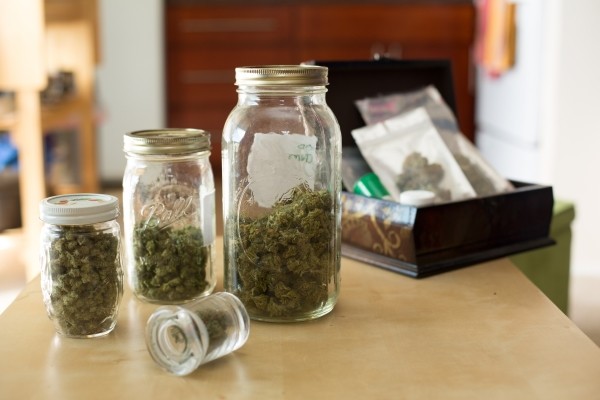
Appropriations Committee Approves Amendment Defunding DOJ Medical Marijuana Enforcement; Strongest Signal yet that Congress Does Not Support Sessions’ Drug War Agenda
Washington, DC—(ENEWSPF)—July 27, 2017. Today, the Senate Appropriations Committee voted by voice vote to approve an amendment that would block the Department of Justice from spending any funds to undermine state medical marijuana laws. The amendment – led by Senator Leahy (D-VT) – is a striking rebuke of Attorney General Jeff Sessions, who had personally requested that Congress eliminate the amendment and allow him to prosecute medical marijuana providers and patients. The amendment passed with strong Republican support, a sign that Sessions is isolated politically as rumors of a crackdown on marijuana businesses abound.
“The Senate is sending a clear message to Jeff Sessions – keep your hands off states that have reformed their marijuana laws,” said Michael Collins, Deputy Director of the Drug Policy Alliance’s Office of National Affairs. “Today’s vote is a huge win for the marijuana reform movement, because in the face of real pressure from the Department of Justice, the Senate has opted to block Jeff Sessions from interfering with any medical marijuana law.”
The amendment still has to make the final appropriations bill, but it has been added to the final government funding bill each year since 2014. The amendment is currently in effect after being signed into law this year, despite only receiving a vote in the Senate Appropriations Committee. The amendment – also known as Rohrabacher-Farr – has also been litigated in court with the Ninth Circuit Court of Appeals ruling that, while the amendment is in effect, DOJ cannot prosecute individuals who follow state law on medical marijuana. Currently, 29 states have full medical marijuana laws.
The vote comes one day after the Department of Justice announced that the Attorney General would implement DOJ task force recommendations on a rolling basis. It is expected that one of the task forces will develop guidance on how DOJ will deal with states that have legalized marijuana.
Source: www.drugpolicy.org








